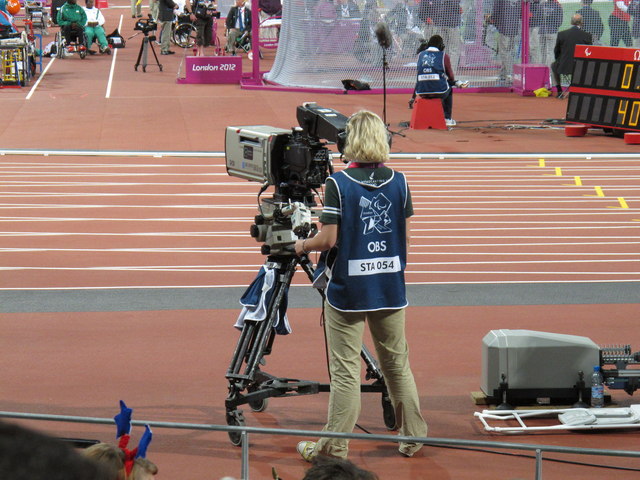Here is a case study of one organisation - the BBC - learning from experience.
The Olympics is was a massive event, on a scale that is unprecedented in peacetime. It's the biggest project a country will ever undertake, other than a war. I have already blogged about the Olympic Games KM program, but its not just the Games organisers that need Knowledge Management, it's everyone involved, especially those involved in new or development areas.One such area was Digital Broadcasting. The London Olympics were the Digital Olympics, with more HD broadcasts, web feeds, twitter feeds etc than any other Games before. And to deliver the Digital Games, the country's main broadcaster, the BBC, needed to develop and apply a raft of new technologies.
This post, from the BBC Internet Blog,shows how they used lesson-learning, in a structured and planned way, to ensure these products were delivered on time and to specification, and also to ensure that subsequent exercises will learn from this one.
I quote the relevant section
Lessons Learned
We captured the lessons from the programme as we went along, from end of sprint retrospectives and the rich data captured in our information systems above. At the end of the Olympics the project managers facilitated workshops to capture additional successes and improvement opportunities and share these with their colleagues.
From these on-line surveys and interviews with stakeholders, over 300 lessons were captured in our project register. The key lessons touched on above were the importance of organising and planning the work amongst self-directed, multi-disciplinary teams, with a layer of information and communication support provided by the management team. The ability to prioritise the scope and deliver it incrementally with frequent opportunities to test at scale and in a live environment, contributed to the success of a once-in-a-lifetime sporting event for the BBC's on-line audiences.
The experience and lessons learned in delivering this exciting programme will be carried forward by the team members into their next projects, while the environment and process limitations identified, will drive improvements in technology provision and uptake of best practices.We can see in-project learning (end of sprint retrospectives) and post-project learning (at the end of the Olympics - workshops to capture additional successes and improvement opportunities) - both activities built into the work program.





No comments:
Post a Comment